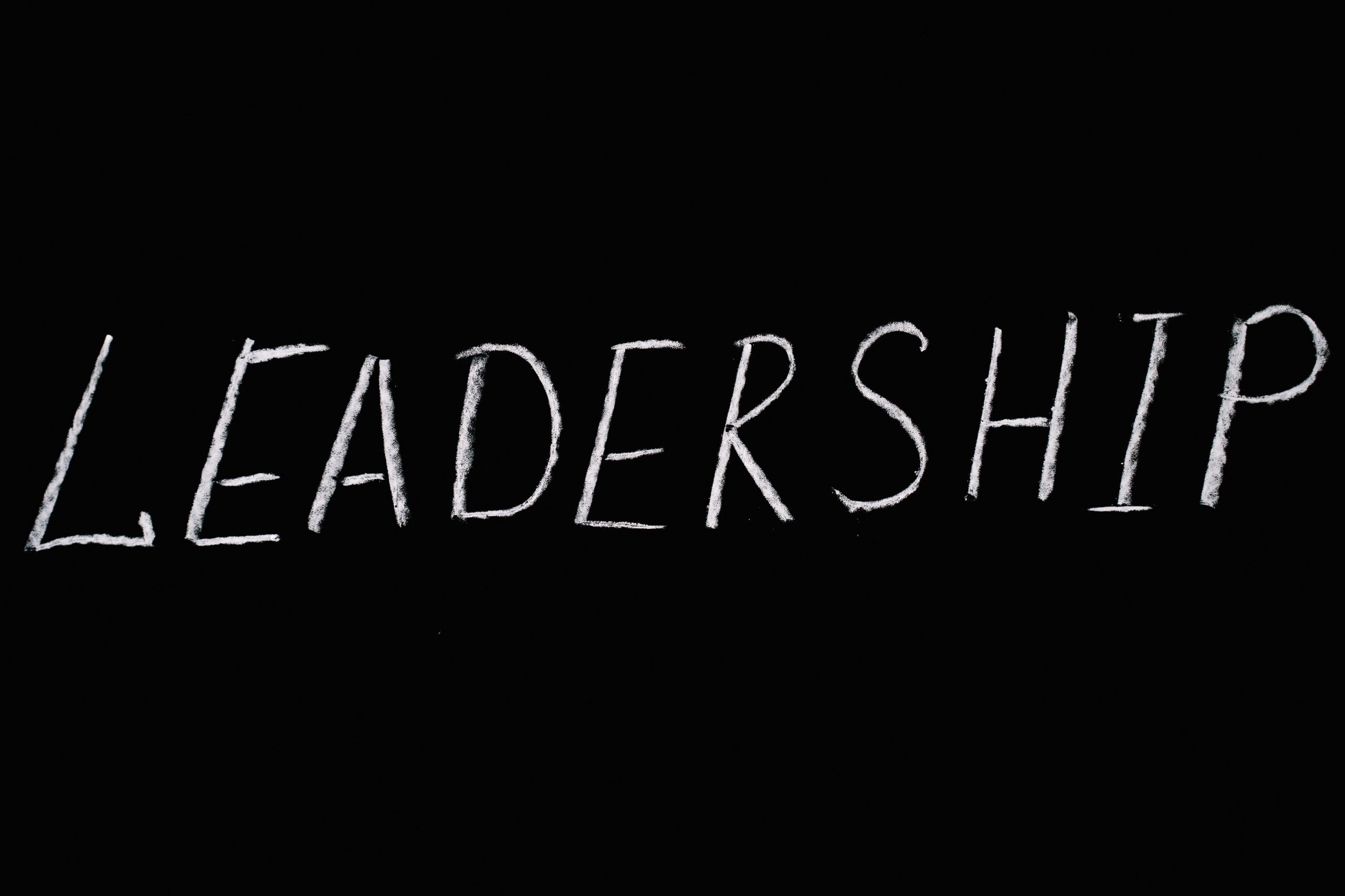Are you in need of a Guardianship Lawyer in Lehi, Utah? Look no further, because Jeremy Eveland is here to help you navigate through the complexities of guardianship law. With his expertise and extensive knowledge, Jeremy is dedicated to providing comprehensive and personalized legal services to assist you in protecting the best interests of your loved ones. Whether you are seeking guardianship for a child, elderly parent, or disabled family member, Jeremy will guide you through the process with empathy and professionalism. Don’t wait any longer, call Jeremy Eveland today to schedule a consultation and ensure the well-being and security of your loved one.
What Is a Guardianship?
When it comes to protecting the well-being and interests of a vulnerable individual, a guardianship can play a crucial role. A guardianship is a legal arrangement where a qualified individual, known as a guardian, is appointed by the court to make personal and financial decisions on behalf of someone who is unable to make these decisions themselves. This can occur due to various circumstances, such as mental or physical incapacity, age, or disability.

Definition of guardianship
A guardianship is a legal relationship established by a court that grants an individual the authority and responsibility to make important decisions for someone who is unable to make those decisions themselves. This individual, known as a guardian, is appointed to act in the best interests of the person who is deemed incapacitated, known as the ward.
Types of guardianships
There are different types of guardianships depending on the specific needs and circumstances of the ward. The two common types include:
-
Guardianship of the person: This type of guardianship focuses on making decisions related to the personal care and well-being of the ward. The guardian may be responsible for decisions regarding healthcare, living arrangements, education, and other daily needs.
-
Guardianship of the estate: This type of guardianship involves managing the finances and assets of the ward. The guardian is responsible for making decisions regarding the ward’s financial affairs, including managing assets, paying bills, and ensuring the ward’s financial stability.
Responsibilities and powers of a guardian
As a guardian, you have significant responsibilities and powers to carry out on behalf of the ward. Some common responsibilities include:
- Making decisions about the ward’s healthcare, including medical treatments and doctor appointments.
- Determining the ward’s living arrangements and ensuring their safety and well-being.
- Managing the ward’s finances and assets, including paying bills, managing investments, and handling tax matters.
- Advocating for the ward’s best interests and ensuring their wishes and preferences are considered.
- Providing ongoing support and assistance to the ward, including emotional and physical care.
It is essential to understand that as a guardian, your role comes with a great deal of responsibility, and it is crucial to act in the best interests of the ward, prioritizing their well-being and personal preferences.
Why You Need a Guardianship Lawyer
Navigating the legal complexities of establishing a guardianship can be overwhelming for anyone without legal expertise. That’s where a guardianship lawyer comes in. Hiring a knowledgeable guardianship lawyer can greatly benefit you in various ways.
Complexity of legal process
Establishing a guardianship involves a complex legal process that requires fulfilling certain legal requirements, submitting necessary documents to the court, and following specific procedures. A guardianship lawyer can guide you through this intricate process, ensuring all legal requirements are met and increasing the likelihood of a favorable outcome.
Ensuring the best interests of the ward
In guardianship cases, the court’s primary concern is the best interests of the ward. A guardianship lawyer understands the factors that the court considers when determining the best interests of the ward and can help you present a compelling case that highlights the ward’s needs and preferences effectively. They will advocate for the ward’s well-being, ensuring their voice is heard throughout the legal process.
Navigating legal requirements
Guardianship cases involve various legal requirements, including filing the necessary paperwork, providing notice to interested parties, and demonstrating the ward’s incapacity. A guardianship lawyer will help you navigate these legal requirements, ensuring you understand your rights and responsibilities, and that all necessary steps are taken to establish and maintain the guardianship effectively.
Choosing the Right Guardianship Lawyer
Selecting the right guardianship lawyer is crucial to ensure a smooth and successful legal process. Consider the following factors when making your decision:
Experience and expertise
Look for a guardianship lawyer with extensive experience in handling similar cases. A lawyer with a strong background in guardianship law will have the knowledge and skills necessary to navigate the complexities of the legal process. They will be well-versed in relevant laws and regulations and will be able to offer valuable guidance throughout the proceedings.
Local knowledge and connections
Choosing a guardianship lawyer familiar with the local court system is advantageous. They will have knowledge of local laws and procedures specific to your area, which can streamline the process. Additionally, an attorney with established connections within the local legal community may have access to valuable resources and insights that can benefit your case.

Client testimonials and references
Before hiring a guardianship lawyer, it is essential to review their client testimonials and seek references. Reading or hearing about the experiences of previous clients can provide valuable insights into the lawyer’s professionalism, expertise, and effectiveness. Pay attention to testimonials that highlight their ability to communicate effectively, establish trust, and achieve positive outcomes.
Understanding Guardianship Laws in Lehi, Utah
If you are considering pursuing a guardianship in Lehi, Utah, it is important to familiarize yourself with the specific guardianship laws in your area.
Overview of Utah guardianship laws
Utah’s guardianship laws provide guidelines and procedures for establishing and maintaining guardianships. These laws outline the requirements for determining a person’s incapacity, the process for appointing a guardian, and the responsibilities and powers of a guardian. It is crucial to have a clear understanding of these laws to ensure compliance and a successful guardianship.
Specific considerations in Lehi
While guardianship laws generally apply statewide, there may be specific considerations or procedures relevant to your city or county. Consulting with a guardianship lawyer familiar with the Lehi area can provide you with the necessary information and guidance to navigate any unique local requirements effectively.
Recent changes or updates in the law
Guardianship laws are subject to change over time, with potential updates and amendments. Staying informed about any recent changes or updates in the law is crucial to ensure that your guardianship proceedings are conducted in accordance with the most current legal standards. A guardianship lawyer will stay up-to-date with any relevant changes and advise you accordingly.
The Guardianship Process
Establishing a guardianship involves several essential steps that must be followed to ensure a legally valid and effective arrangement.
Filing a petition for guardianship
The first step in the guardianship process is filing a petition with the appropriate court. The petition outlines the reasons why guardianship is necessary and provides information about the proposed guardian and the ward. It is essential to accurately complete and submit this document, as any deficiencies may delay the proceedings.
Notice requirements for interested parties
Once the petition is filed, it is necessary to provide notice to all interested parties. These parties may include close relatives, potential beneficiaries, or individuals with a vested interest in the ward’s well-being. Notice requirements vary by jurisdiction, so consulting with a guardianship lawyer will ensure compliance with the specific rules applicable to your case.
Appointment of a guardian ad litem
In some cases, the court may appoint a guardian ad litem, also known as a GAL. A GAL is an independent party who represents the best interests of the ward during the guardianship proceedings. Their role is to evaluate the ward’s circumstances, ensure the proposed guardianship is in the ward’s best interests, and provide a report to the court.
Determining Incapacity and Best Interests
Determining the incapacity of the ward and assessing their best interests are critical aspects of the guardianship process. Several factors are considered during this evaluation.
Assessment of incapacity
To establish that a person is incapacitated and in need of a guardian, medical and expert evaluations may be necessary. These evaluations typically involve assessing the person’s cognitive abilities, decision-making capacity, and understanding of their own needs. The results of these assessments play a vital role in determining whether guardianship is warranted.

Factors considered for determining best interests
When deciding what is in the best interests of the ward, the court considers various factors. These may include the ward’s personal wishes, any previous expressions of intent, their medical condition, their emotional and physical needs, and their overall well-being. The proposed guardian’s ability to meet these needs and promote the ward’s quality of life is also taken into account.
Medical and expert evaluations
Medical professionals and experts may be involved in the guardianship process to provide their assessments and insights. Their expertise helps inform the court’s decision regarding the ward’s incapacity and the best interests of the ward. Working closely with medical professionals and experts can provide valuable evidence to support the guardianship case.
Duties and Responsibilities of a Guardian
As a guardian, you have significant duties and responsibilities towards the ward. These responsibilities encompass both personal and financial aspects of the ward’s life.
Caretaking and decision-making responsibilities
A guardian is responsible for making important decisions related to the ward’s personal care and well-being. This includes decisions about healthcare, living arrangements, education, and other daily needs. The guardian must act diligently, considering the ward’s preferences and best interests when making these decisions.
Financial management and accountability
If appointed as a guardian of the estate, you will have the responsibility of managing the ward’s finances and assets. This includes managing bank accounts, paying bills, budgeting, and ensuring the ward’s financial stability. It is essential to keep accurate records of all financial transactions and provide regular accounting reports to the court.
Reporting requirements
Guardians are required to regularly report to the court on the ward’s well-being, progress, and any significant changes in their circumstances. This ensures ongoing monitoring of the guardianship and provides an opportunity to address any issues or concerns that may arise. Compliance with reporting requirements is essential to maintain the guardianship and demonstrate your commitment to fulfilling your duties as a guardian.
Termination and Modification of Guardianships
Guardianships may need to be terminated or modified in certain situations. It is important to understand the grounds and process for making such changes.
Grounds for termination or modification
A guardianship may be terminated or modified if there are significant changes in the ward’s circumstances, such as improvement in their capacity or a change in their needs. Other grounds for termination or modification may include the guardian’s incapacity or failure to fulfill their responsibilities, or the ward’s request for a change in guardian.
Petitioning the court for termination or modification
To initiate the termination or modification of a guardianship, a petition must be filed with the court. The petition outlines the reasons for the requested change and provides supporting evidence. It is crucial to follow the proper legal procedures and provide clear and compelling reasons for the requested modification or termination.
Appointing a new guardian
If a guardianship is terminated, a new guardian may need to be appointed to ensure the continued well-being and protection of the ward. The court will carefully consider the qualifications and suitability of any proposed new guardian, prioritizing the best interests of the ward in making this decision.
Challenges and Disputes in Guardianship Cases
Guardianship cases can sometimes be accompanied by challenges and disputes, causing additional stress and complexity. It is important to be prepared and understand the options available to resolve conflicts.
Family conflicts and disagreements
Family conflicts and disagreements about the need for a guardianship or the choice of guardian can significantly complicate the process. In such cases, mediation or alternative dispute resolution methods may be beneficial to facilitate communication and find mutually agreeable solutions. A guardianship lawyer can guide you through these processes and help find resolutions that prioritize the ward’s well-being.
Contested guardianships in court
In some situations, disagreements about the proposed guardianship may lead to contested guardianship proceedings in court. This often involves presenting evidence, testimonies, and arguments to persuade the court of the best course of action. Having a skilled and experienced guardianship lawyer by your side is crucial during these contested proceedings to effectively present your case and protect the ward’s interests.
Mediation and conflict resolution options
Mediation and other alternative dispute resolution methods can help parties reach agreements outside of the courtroom. These methods provide a less adversarial and more collaborative approach to resolving conflicts, allowing the parties involved to have more control over the outcome. A guardianship lawyer familiar with mediation can help facilitate these discussions and work towards finding resolutions that meet everyone’s needs.
FAQs about Guardianships and Guardianship Lawyers
Here are answers to some common questions about guardianships and guardianship lawyers:
What is the difference between a guardian and a conservator?
A guardian is responsible for making personal and healthcare decisions on behalf of the ward, while a conservator is responsible for managing the ward’s financial affairs and assets.
Is a guardianship permanent?
A guardianship can be temporary or permanent, depending on the circumstances. If the ward’s condition improves or their needs change, the guardianship can be modified or terminated.
How long does the guardianship process take in Lehi, Utah?
The duration of the guardianship process can vary depending on various factors, including the complexity of the case and the court’s schedule. It is advisable to consult with a guardianship lawyer to get a more accurate estimate based on your specific circumstances.
Choosing the right guardianship lawyer is crucial to ensure a smooth and successful legal process. With their expertise, knowledge of the law, and experience in guardianship cases, a guardianship lawyer can guide you through the complexities of the legal system, advocate for the best interests of the ward, and help you navigate the necessary steps to establish and maintain a guardianship effectively. If you are considering pursuing a guardianship in Lehi, Utah, don’t hesitate to reach out to a reputable and experienced guardianship lawyer like Jeremy Eveland for a consultation. Their expertise and dedication will provide you with the support and guidance you need throughout the guardianship process.


